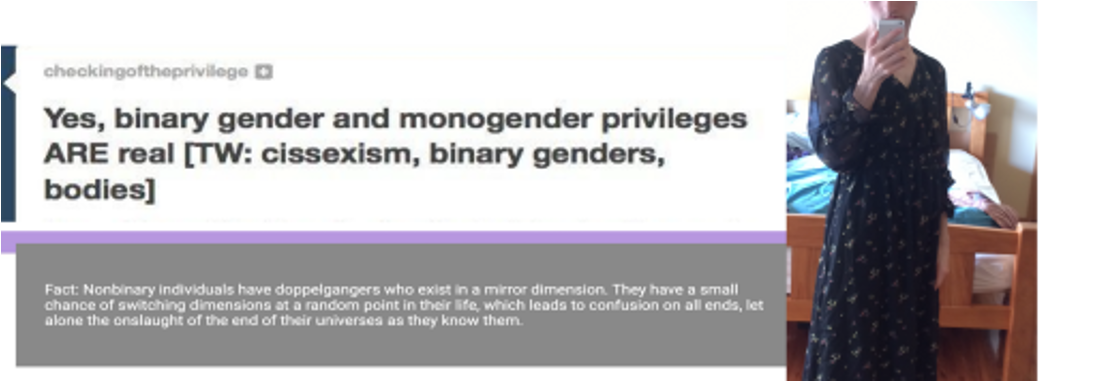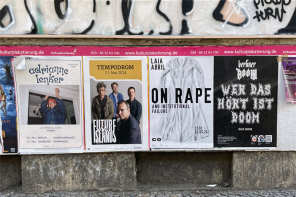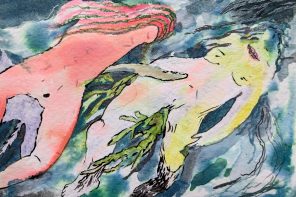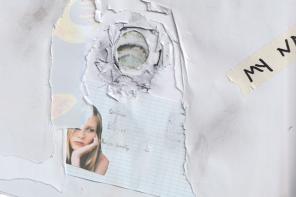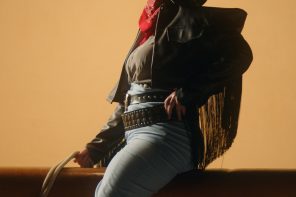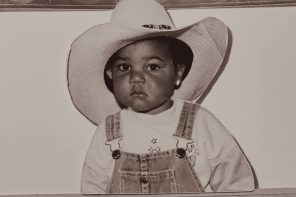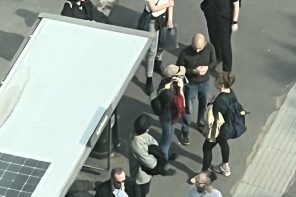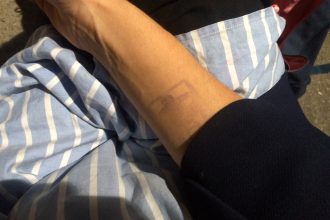The internet in the 2010’s was a very special time and place to come of age as a trans woman. It was right at the end of old systems of categorization and identification, as well as the old internet. It was the end of the digital hierarchy of place; the profane and elicit, the anonymous forum, the chatroom, the blog, the collaborative blogosphere, the Pirate Bay, the shock site.
On the cusp of mass codification and monopolization.
At the tail end of the transition from ARPAnet to the Metaverse, the oblique and archaic architecture of the web’s non-civilian military-telecommunicative origins remained intact, still as illegible, brutalist, and user-unfriendly as internal academic memos and UAVpiloting UX. This impenetrability lent web surfing a distinctly esoteric feeling. Exploring the web felt archeological, illicit. And it was.
It was still scary, exclusively for the obsessive, the antisocial, the marginalized, the insane, the geek, and the adolescent; it was freaks, and kids. Our parents were too old to know how it worked. The only people online were those obsessive and tech savvy enough, or whose perversions were so niche that it required a new digital literacy to facilitate them. Them and the kids. The kids are alright. The perfect concoction for the outsider theorists and child-architects of our new gender lexicon.
I remember so many arguments and referendums on what constituted demisexual vs. demiromantic, historic kin vs. animal kin, whether binary trans people benefitted from a priviledge that non-gendered people lacked; cyber-socratic roundtables creating an increasingly vast swath of neopronouns, sexual identity expansion packs, undercover trolls masquerading as radical gender theorist-enfant terribles, attemping counterintelligence on behalf of the heteronormative industrial complex.
Our self discovery and self identification was parallel with the invention and codification of the identities to which we were ascribing. We were making it up as we went along. Poetic exaggeration, misread theory, LARPing, schizophrenia, and adolescent creative journaling created the linguistic and psychospheric framework for what has since ascended to the established default for navigating queerness IRL.
On the pages of Tumblr, 4chan, Susan’s place, queer youth were both groomed and instructed by trans elders, all the while generating the future and tearing down their established order.
Our parents had no idea what we were up to. What we were accessing. The most extreme pornography, fringe queer outsider-theory, real death videos, anonymous chatrooms. The collective and unnamed guiding hand of an understanding elder. It takes a village. An entire generation molested by the internet.
I wonder, are they still online? What happened to all of those people? I’m sure some are still on 4chan, maybe obscure subreddits. Maybe some of those old sites are still up. Is anyone still posting on Susan’s Place? Seeing elder gays on Grindr sends me recollections of the old structures of esoteric online knowledge. How to bottom, DIY HRT, how to build a PC, how to build a bomb.
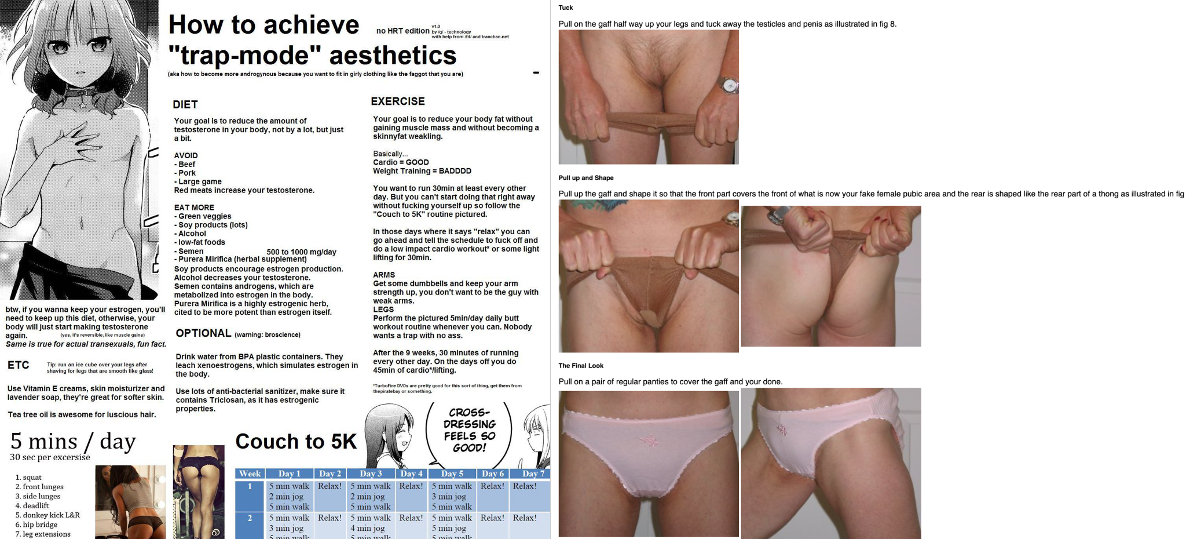
Photocollage, 4chan /lgbt/ “trap-mode” infographic, Susan’s Place forum post on “how to make your own gaff”.
They certainly haven’t got it anymore. Sometimes I think about how some of the old men who I lost my digital virginity to (over and over) on Omegle are probably dead by now.
It wasn’t subliminal messaging or predatory VC mods manipulating us; we were knowingly delving into profane spaces; online facsimales of sex shops and peep shows. Spaces developed by the last generations of gays from a real underground. We knew where we were entering, even if we pushed it to the back of our minds. That was what was so exhilarating about it. It was like sneaking into a sketch club, all eyes fixed on us, the lythe, innocent new girl out of our depth, and we loved it. At least I did.
Text and Images by Ada Wickens
Narration by Daphne Knouse
Ada Wickens is a trans femme artist and writer based in Providence, Rhode Island, USA, with a focus on post-digital queerness, pictoral and ideological dissemination, temporally specific investigations, subcultural specificity and the history of the internet.
Her instagram is @ada__mu (She follows back ♡)


